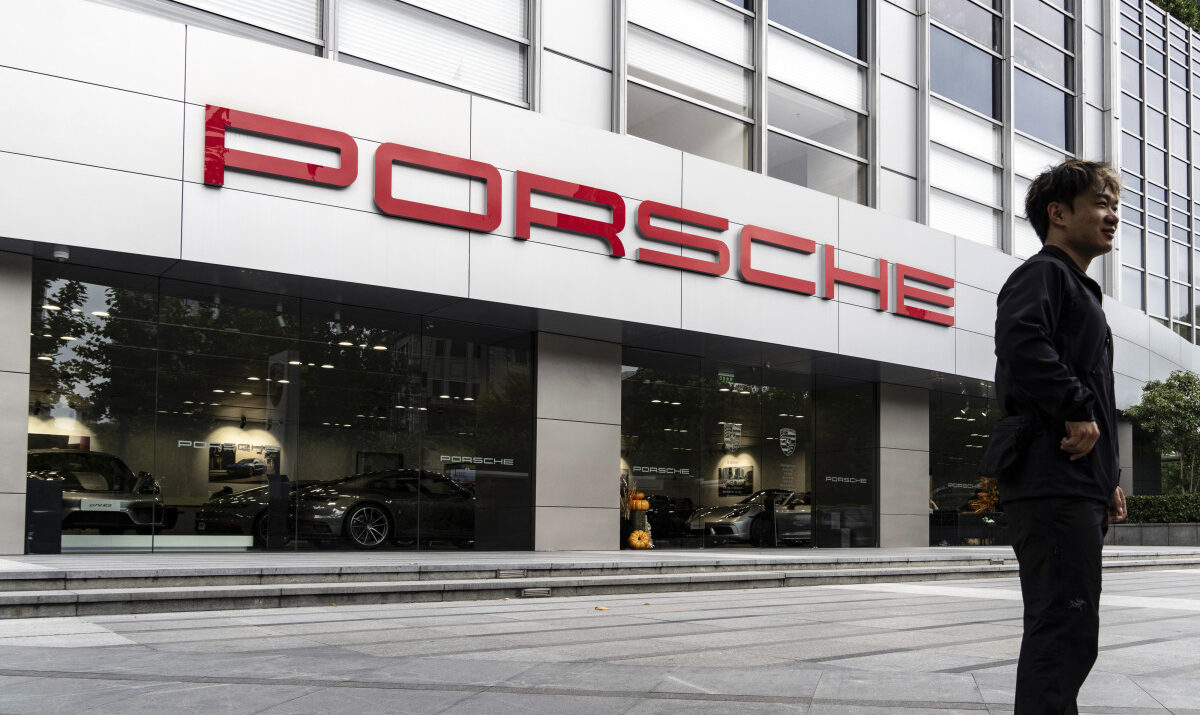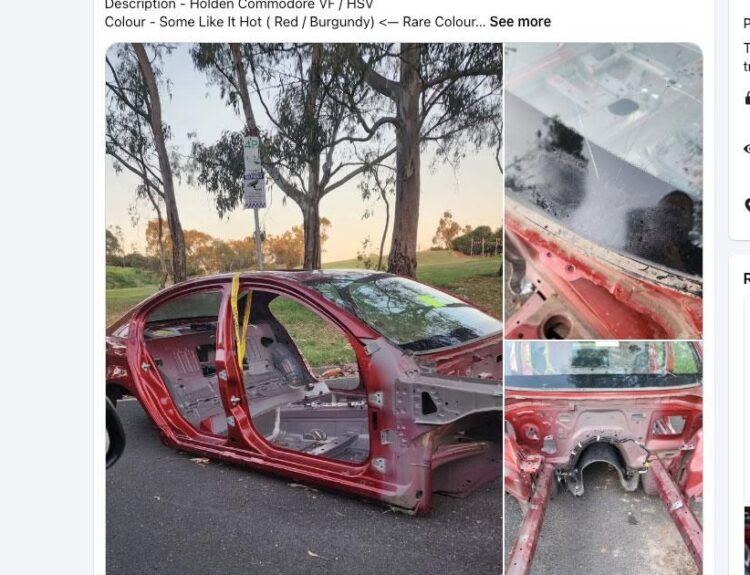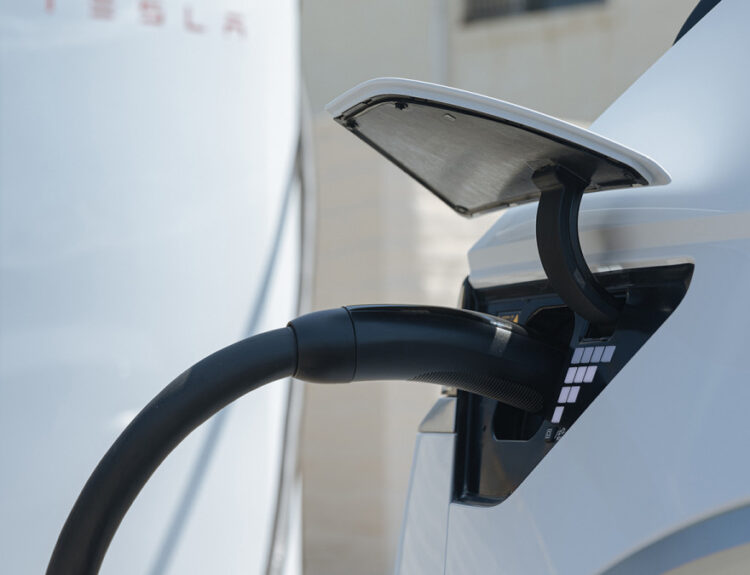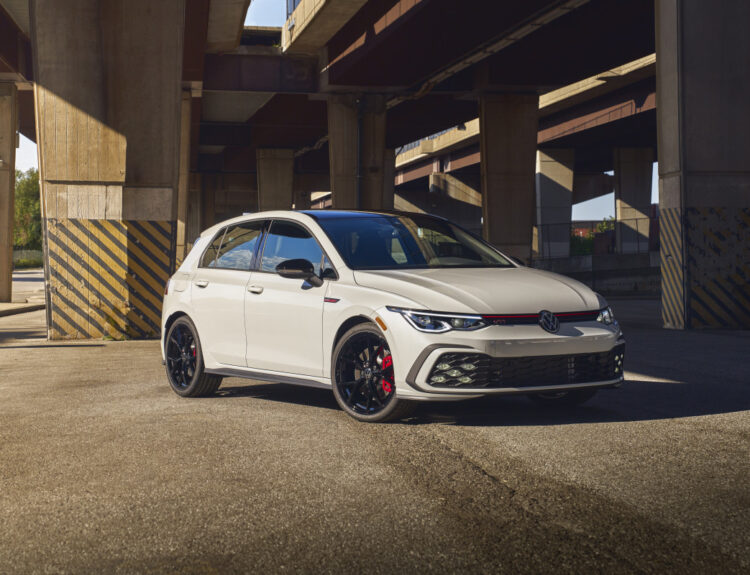
Porsche’s foothold in the Chinese luxury automotive sector is diminishing. Once the crown jewel of its global operations for eight consecutive years, the market has experienced a staggering 29% downturn in sales during the first nine months of 2024. This significant decline has prompted the German manufacturer to announce the closure of nearly 30% of its dealerships in the region by the close of 2026.
Currently, Porsche operates 138 dealerships across China, a number set to shrink to approximately 100 as part of a strategic consolidation aimed at enhancing profitability. Key metropolises such as Beijing and Shanghai will benefit from renewed investments, while underperforming areas are targeted for closure, as discussed during a recent investor conference.
Related: Former Dodge CEO Tim Kuniskis now steering Ram trucks
A Strategic Shift for Porsche in China
The hurdles facing Porsche mirror a larger transformation in consumer preferences within China. The rise of domestically produced electric vehicles (EVs) and local brands is challenging the pricing and technological supremacy of European luxury manufacturers. Nevertheless, Porsche expresses optimism about its long-term prospects in this pivotal market.
Alexander Pollich, CEO of Porsche China, underscored the necessity of profitability and delivering a premium customer experience. “Our primary aim through this optimization process is to enhance overall network profitability, fostering a win-win outcome across the board,” Pollich stated during the investor call.
Porsche plans to leverage advanced connected technologies within its remaining dealerships. Innovations will include real-time tracking of production and deliveries via the Porsche app and WeChat, complemented by a new technical division designed to appeal to China’s increasingly tech-savvy consumers.
Related: The most—and least—reliable car brands on the road today
Intensifying Competition for European Automakers
Porsche’s current predicament underscores the intensifying challenges faced by European automotive brands in China. As domestic competitors like BYD and Nio gain traction, traditional luxury names are under pressure to innovate while upholding their distinguished allure. For Porsche, the urgency of the situation is heightened, as its performance in the Chinese market for 2024 trails behind previous years significantly.
In 2021, Porsche recorded sales exceeding 95,000 vehicles in China—outpacing its numbers in both Europe and the United States, which reported figures of 86,160 and 70,025, respectively. A slight dip in 2022 saw sales decrease by about 2%, yet Chinese sales still outperformed those in Europe and the U.S. However, by 2023, that modest decline escalated into a drastic fall, with reports indicating 79,283 units sold in China. This downward trend has persisted into 2024, with a nearly 30% decrease in sales observed within the first nine months of the year.
Concluding Reflections
Despite these significant challenges, Porsche remains steadfast in its commitment to brand values centered on performance and sportiness. Through a combination of operational streamlining and adaptation to shifting market dynamics in China, the automaker aims to reclaim some of its previously lost market share. Whether these strategies will suffice to stave off the growing competition remains uncertain, yet Porsche is banking on its versatility to navigate the complexities of the world’s largest automotive market.
Related: Aston Martin unveils a supercar for the everyman—sort of
Source:www.autoblog.com






